'Are We Dating the Same Guy?': do Facebook groups harm or help?
Women share their relationship experiences to try to stay safe on dating apps but critics highlight legal and emotional issues
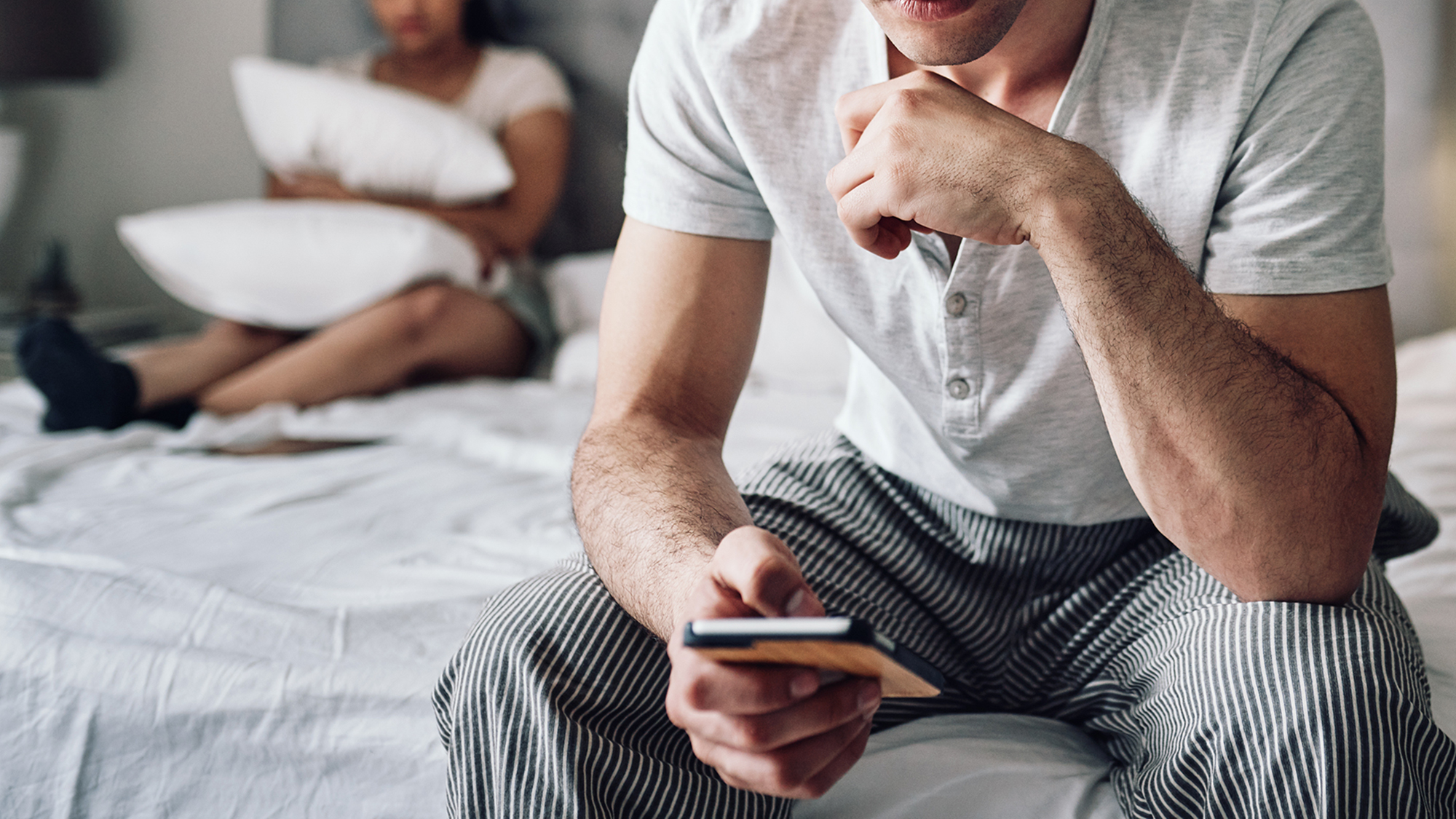
A free daily email with the biggest news stories of the day – and the best features from TheWeek.com
You are now subscribed
Your newsletter sign-up was successful
If you're a single woman who is dating, you probably know all about the "Are We Dating the Same Guy?" groups on Facebook.
The groups began in New York in 2022 to provide a private platform for women to share information about men and warn each other about deceit, infidelity and abuse, said Alexandra Arko on the legal news site JD Supra.
But what began as a city-specific safety collective has rapidly expanded. Now there are more than 200 group branches across the US and offshoots around the world, including one in London that has 90,000 members. Women share men's profiles from dating apps and ask for information, while others respond with personal anecdotes, screenshots of interactions or public information like criminal records.
The Week
Escape your echo chamber. Get the facts behind the news, plus analysis from multiple perspectives.

Sign up for The Week's Free Newsletters
From our morning news briefing to a weekly Good News Newsletter, get the best of The Week delivered directly to your inbox.
From our morning news briefing to a weekly Good News Newsletter, get the best of The Week delivered directly to your inbox.
The Los Angeles branch (about 52,000 members) has now become embroiled in a $2.6 million lawsuit. One man, Stewart Lucas Murrey, is suing a woman who claimed that (after matching on a dating app) the pair had had a phone conversation in 2022 – during which Murrey was "rude", said The Times. Murrey is also suing more than 50 other members who responded with their own claims about him, alleging they "ruined his love life, damaged his reputation and cost him millions in missed job opportunities". The lawsuit also accuses the women of discrimination, because Murrey was unable to join the women-only group and defend himself.
'The internet is forever'
This is not the first time a man has sued posters in a branch of AWDTSG, said Arko. A "private" Facebook group is not private in the eyes of the law, and the First Amendment right to free speech in the US is "not absolute". Men "often have legal claims against the posters" for defamation, harassment or invasion of privacy.
Volunteer moderators have strict rules – members cannot post addresses or identifying information beyond a first name – but this offers members "a false sense of security". Anonymity is also a delusion, as courts "frequently" order social media platforms like Meta to hand over a user's identity. Deleting a post does not prevent the subject from suing, either. After all, "the internet is forever".
The tone of these groups is often "petty", said dating coach Sera Bozza in Body+Soul, with men "ridiculed for appearances". But even "lurkers" who don't post should tread carefully, she wrote, after joining a Sydney-based 30,000-member group.
A free daily email with the biggest news stories of the day – and the best features from TheWeek.com
There is "a more profound consequence" than legal or bullying issues. Being "bombarded with stories of dating disasters", amplified by the "drama-loving algorithm", can increase cynicism and breed mistrust. It may persuade users that "all men are unfaithful" – seldom true and hardly empowering.
'Women talking to each other is not the problem'
"The more I looked at the group, the more I noticed myself feeling less and less inclined to even try to meet someone," said Kate Solomon in The Independent.
But the fact is, "dating apps come with a good deal of risk". These groups have helped many women uncover cat-fishing, conmen and "serial ghosters".
Add that to the reality that almost a third of women aged 15-49 worldwide will be sexually or physically abused – and that's to say nothing of emotional abuse, far harder to quantify – and it's "no wonder we want to sense-check every little detail when we connect with a stranger". Ultimately, "women talking to each other is not the problem: the culture that makes it easy to behave badly is".
Harriet Marsden is a senior staff writer and podcast panellist for The Week, covering world news and writing the weekly Global Digest newsletter. Before joining the site in 2023, she was a freelance journalist for seven years, working for The Guardian, The Times and The Independent among others, and regularly appearing on radio shows. In 2021, she was awarded the “journalist-at-large” fellowship by the Local Trust charity, and spent a year travelling independently to some of England’s most deprived areas to write about community activism. She has a master’s in international journalism from City University, and has also worked in Bolivia, Colombia and Spain.
-
 The President’s Cake: ‘sweet tragedy’ about a little girl on a baking mission in Iraq
The President’s Cake: ‘sweet tragedy’ about a little girl on a baking mission in IraqThe Week Recommends Charming debut from Hasan Hadi is filled with ‘vivid characters’
-
 Kia EV4: a ‘terrifically comfy’ electric car
Kia EV4: a ‘terrifically comfy’ electric carThe Week Recommends The family-friendly vehicle has ‘plush seats’ and generous space
-
 Bonfire of the Murdochs: an ‘utterly gripping’ book
Bonfire of the Murdochs: an ‘utterly gripping’ bookThe Week Recommends Gabriel Sherman examines Rupert Murdoch’s ‘war of succession’ over his media empire
-
 Melania: an ‘ice-cold’ documentary
Melania: an ‘ice-cold’ documentaryTalking Point The film has played to largely empty cinemas, but it does have one fan
-
 Is a social media ban for teens the answer?
Is a social media ban for teens the answer?Talking Point Australia is leading the charge in banning social media for people under 16 — but there is lingering doubt as to the efficacy of such laws
-
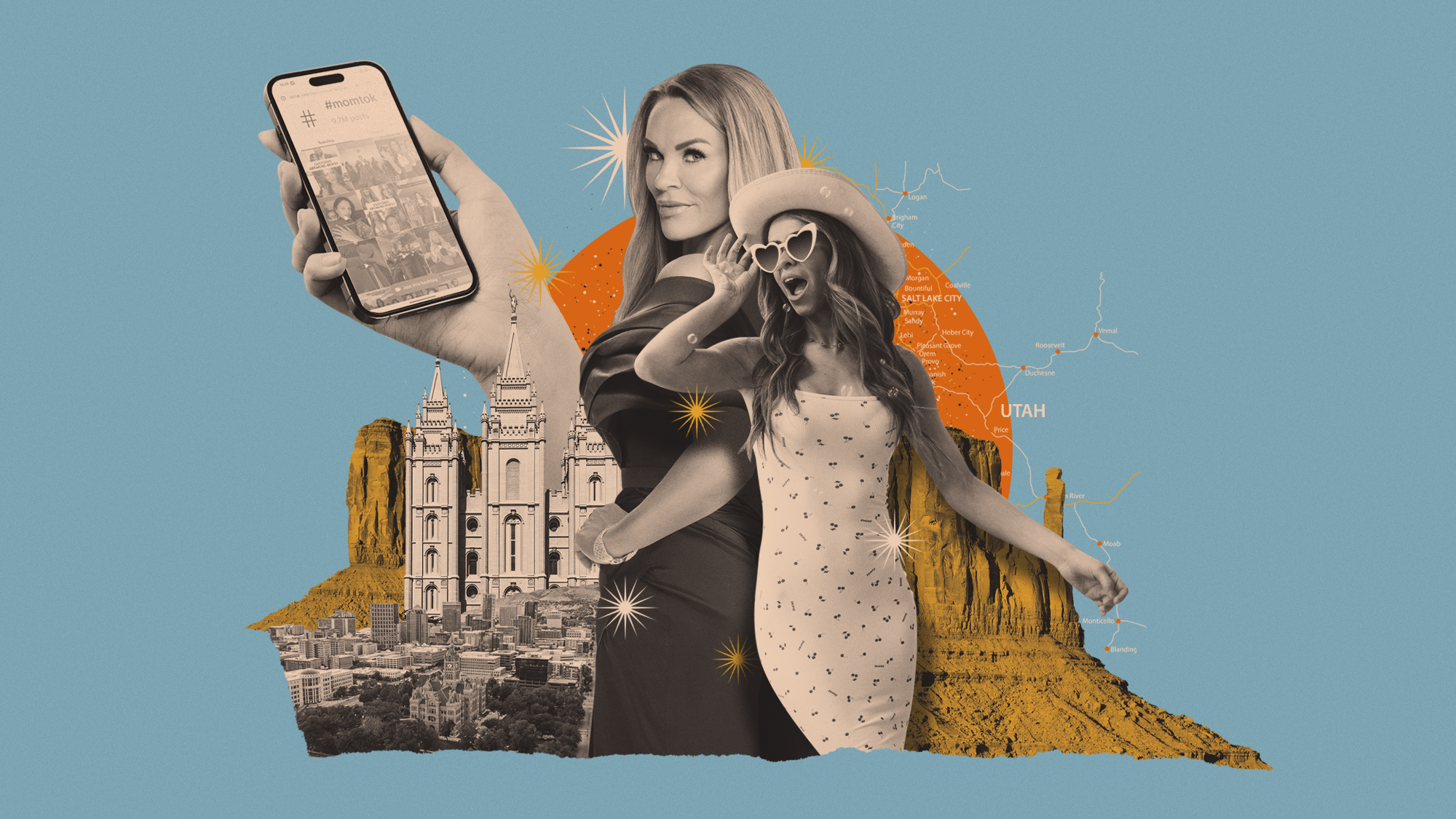 How Utah became a media focal point
How Utah became a media focal pointIn Depth In producing the stars of #MomTok and reality TV alike, Utah has emerged as a media powerhouse
-
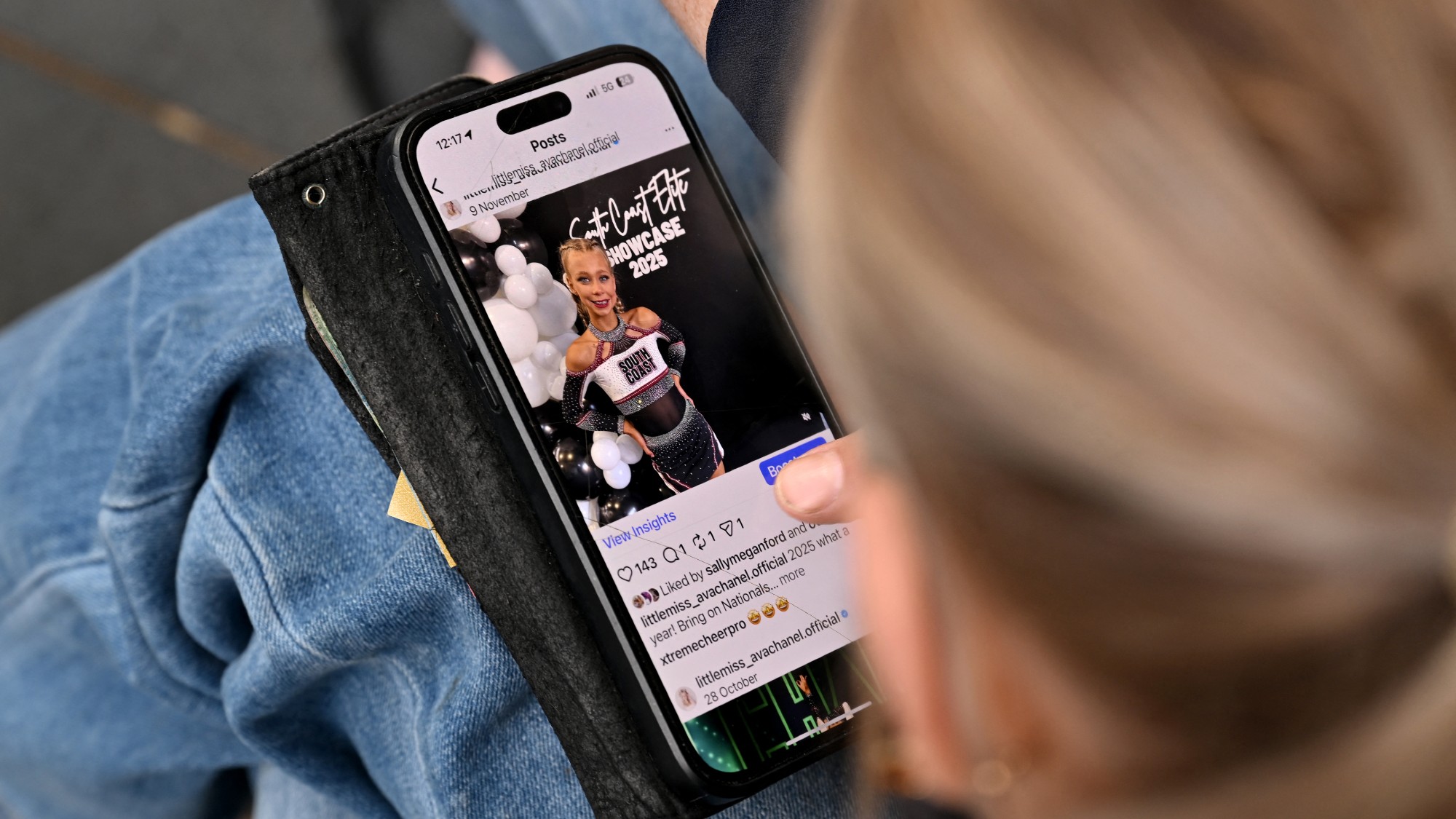 Australia’s teens brace for social media ban
Australia’s teens brace for social media banIn The Spotlight Under-16s will be banned from having accounts on major platforms
-
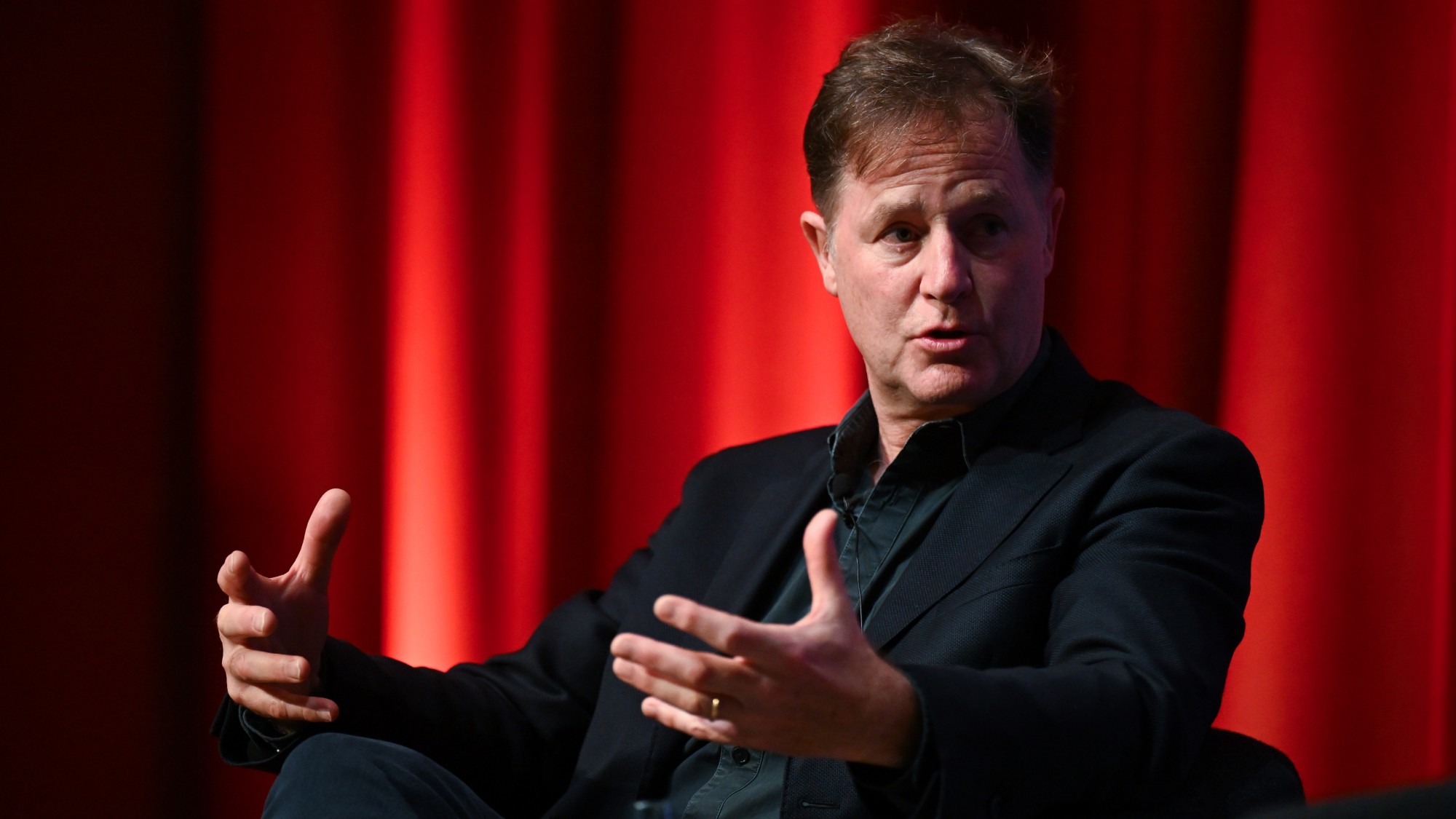 Nick Clegg picks his favourite books
Nick Clegg picks his favourite booksThe Week Recommends The former deputy prime minister shares works by J.M. Coetzee, Marcel Theroux and Conrad Russell
-
 Disney bets big on AI, but not everyone sees a winner
Disney bets big on AI, but not everyone sees a winnerTalking Points The company will allow users to create their own AI content on Disney+
-
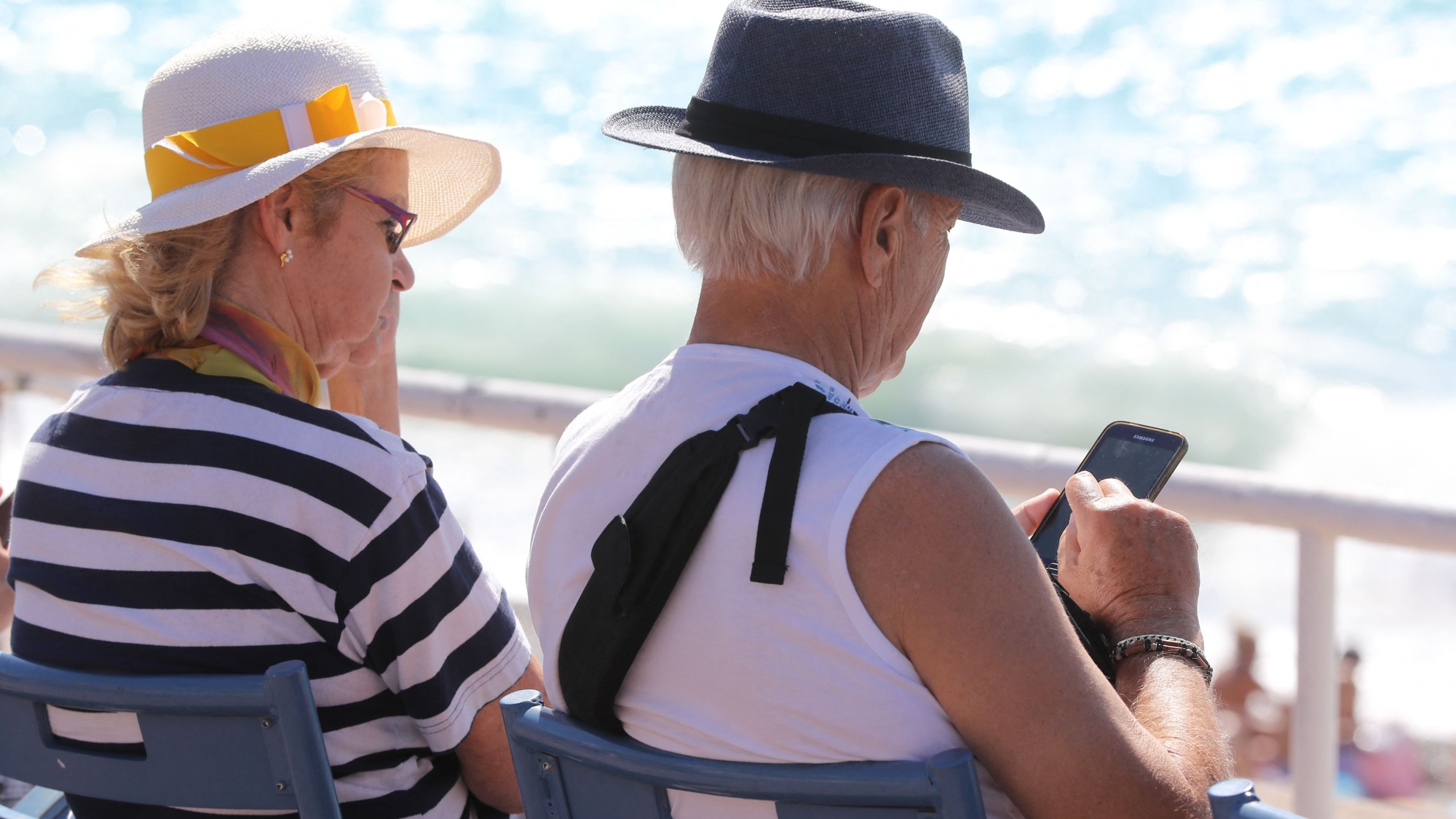 Are boomers the real phone addicts?
Are boomers the real phone addicts?In The Spotlight There’s an ‘explosion in screentime’ among older people – and they’re more vulnerable to misinformation
-
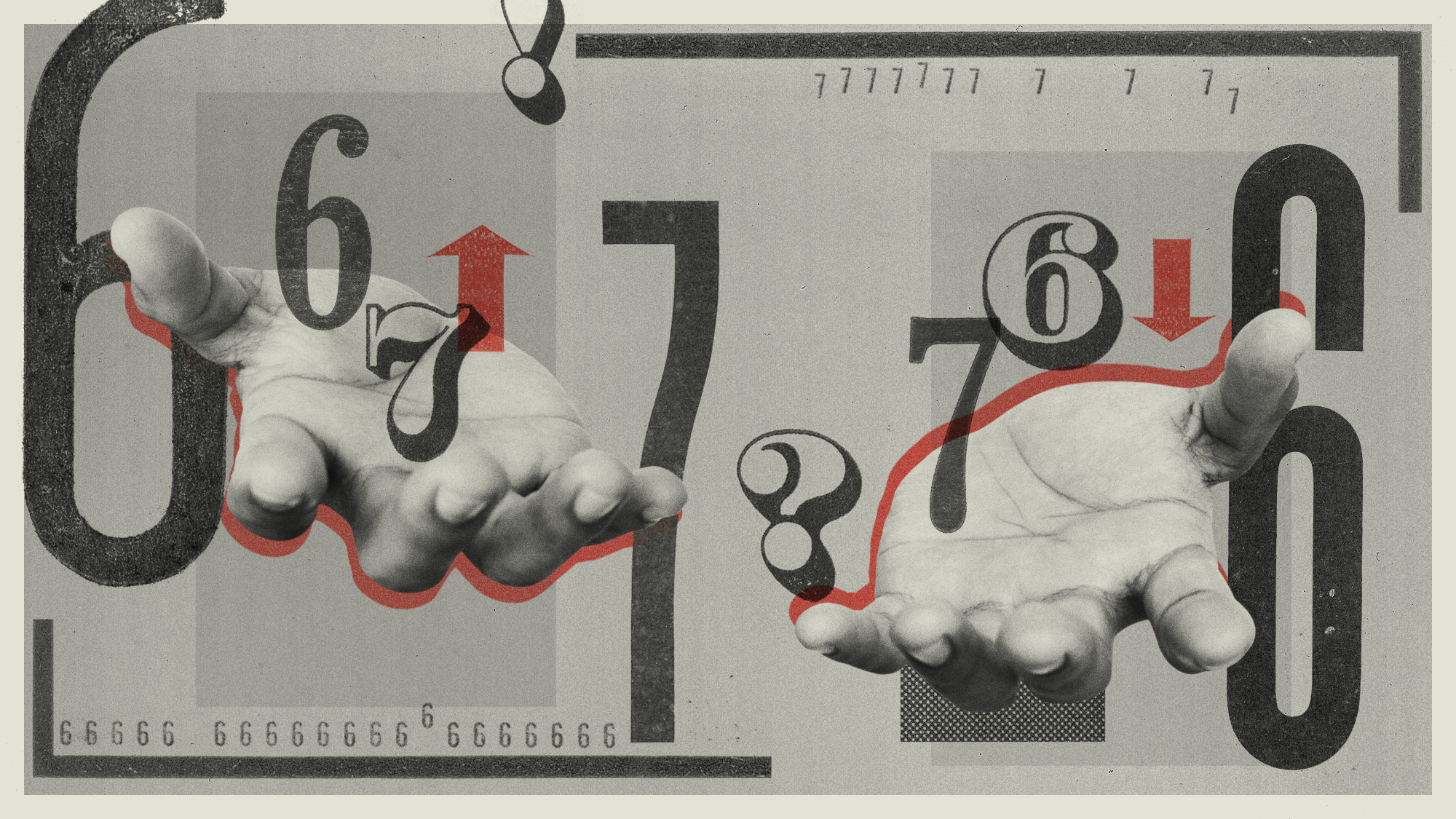 The six-seven meme that has taken over the world
The six-seven meme that has taken over the worldIn the Spotlight With roots in rap and basketball, the phrase has young people obsessed, and it could be here to stay